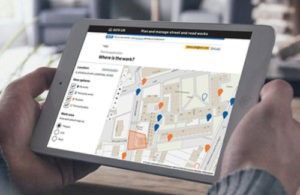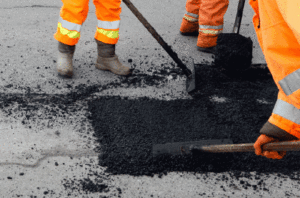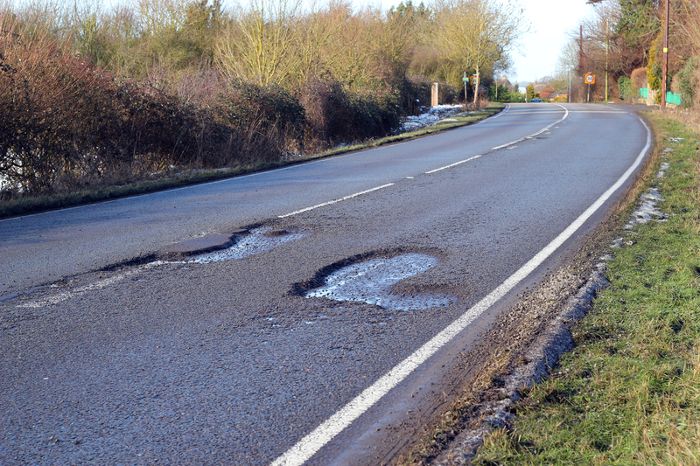The UK’s Department for Transport (DfT) has announced £348m (US$434m) of new funding that is being made available for councils to improve local roads across the country and has opened a consultation on improving access to roadworks data.
Covering a period of four years, the new funding will be available for local authorities to bid for in an effort to tackle issues on major local roads, from easing congestion through to sorting out potholes. The investment comes in two pots:
- The Challenge Fund will be available for this year and the next, with just under £200m (US$250m) on offer. Councils will be able to bid for projects that will improve the quality of roads and surrounding infrastructure, including structures such as bridges and viaducts if necessary, to benefit the local economy and make driving safer. In particular, the funding could be put toward sorting major pothole repairs;
- The Pinch Point Fund will be available in 2021/22 and 2022/23 and totals £150m (US$187). It will go towards council projects designed to help ease congestion on some of their busiest roads. Previous projects funded through Pinch Point include improving the links between the A12 and A143 to open up housing and commercial development land, new roads helping buses bypass single lane roads, and new roads to link main roads with new housing developments.
 “Local roads are the backbone of the transport network for drivers up and down the country, but we know that some aren’t up to the standard they need to be. Whether it’s congestion or quality, we need to empower local authorities to invest in these roads and make journeys safer and stress-free,” said UK Transport Secretary, Chris Grayling. “That’s exactly what this funding will do; over four years we’re providing more than a third of a billion pounds to make sure local authorities have the cash they need to make this a reality.”
“Local roads are the backbone of the transport network for drivers up and down the country, but we know that some aren’t up to the standard they need to be. Whether it’s congestion or quality, we need to empower local authorities to invest in these roads and make journeys safer and stress-free,” said UK Transport Secretary, Chris Grayling. “That’s exactly what this funding will do; over four years we’re providing more than a third of a billion pounds to make sure local authorities have the cash they need to make this a reality.”
The DfT has also launched a consultation on changing the law so that councils and utility companies have to share roadworks data on a new website, ensuring meaning work is coordinated and drivers know where to look for information. The consultation will seek views on making it the law from April 2020 for local authorities and utility companies to have to use the new Street Manager digital platform to plan and manage roadworks. This will mean up to date information on live and planned works across England will be available under one source, allowing organizations and third parties such as Waze to use data to provide real-time journey updates for road users through travel apps.
Grayling said, “Everyone has experienced the annoyance of travel that is disrupted by roadworks, but the systems we currently use to help companies communicate this aren’t fit for purpose, and need changing. Street Manager will do just that, making it easier for companies to use data on roadworks to inform people of where to avoid when travelling, helping to boost the experiences for people travelling up and down the country.”





